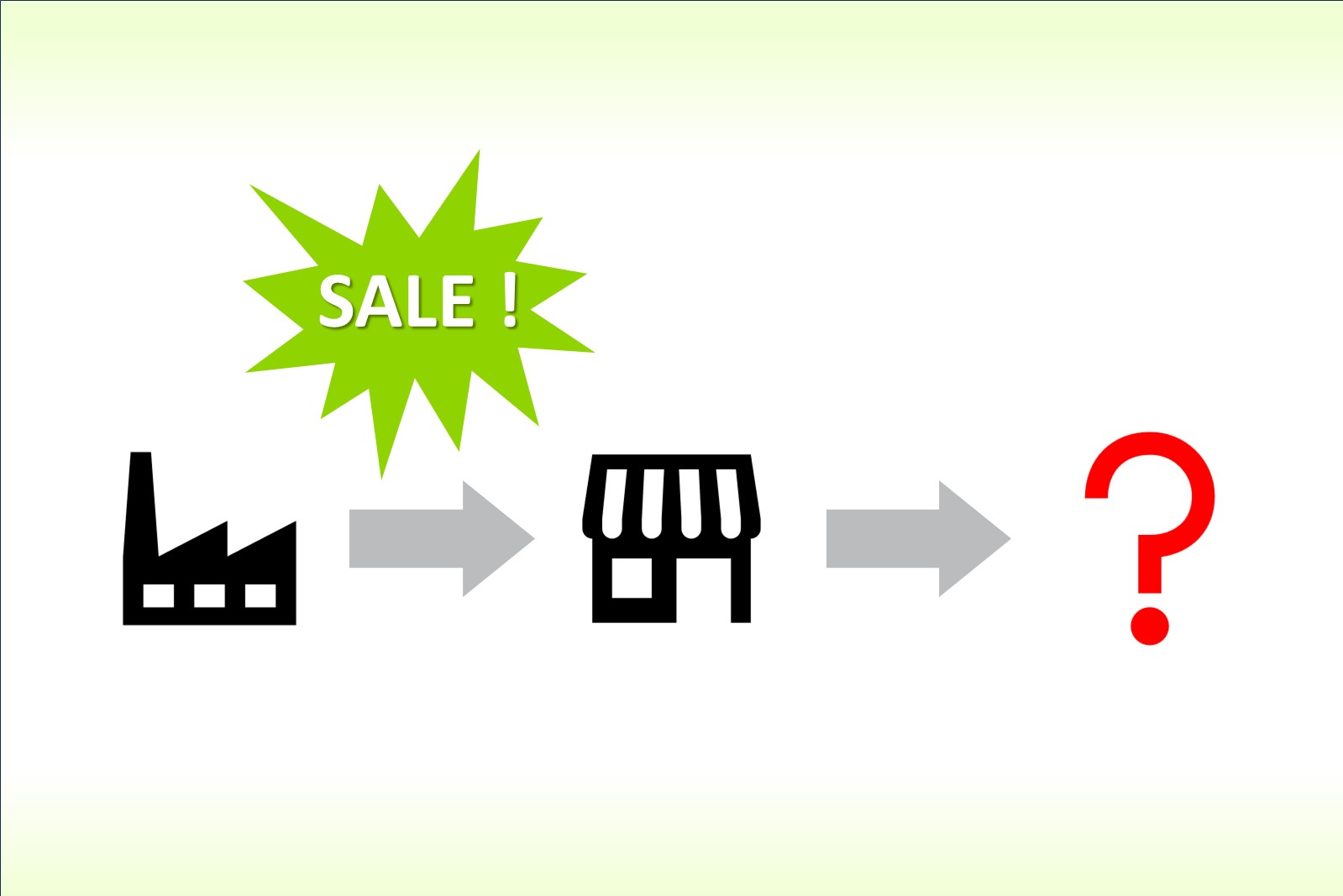
In our dealings with food and beverage products, we have witnessed many situations where European...
In our dealings with food and beverage products, we have witnessed many situations where European and Japanese partners tried to do business, but ended up talking at cross purposes. Neither side was able to comprehend the other’s questions or demands. If they managed to make progress in one area, talks broke down again on a different issue. In one instance, after several years of doing business together, the European side was stunned and uncomprehending when their Japanese partners suddenly raised some fresh objections; the Japanese side, meanwhile, could not understand why, after so much time, it was still so difficult for their European partners to accept and fulfill their requests.
One of the main reasons: food industry marketing and communications are completely different in Japan and in Europe
Food industry standards in Japan are on a similar level to those in the EU, but there are many differences between the markets in the two regions. Food plays a special role in Japanese consumer culture. Good food and dining form one of the most central topics in the Japanese media. Food bloggers are immensely active and popular, and going out for a meal or a drink is part of everyday life for many people. Japanese consumers have a choice of restaurant review apps, specially designed for the home market, with hundreds of thousands of registered catering establishments. The list could go on and on. The conclusion is already obvious, however, that the food and beverage market in Japan is far more information-oriented than it is in Europe, and the Japanese are far more interactive than the Europeans when it comes to information about food industry products. As a result, information-based market competition and food industry marketing in Japan are far more intensive and wide-ranging than in Europe. To sum up one of the most important differences: in the food and beverage sector, while the European market is dominated by food manufacturing technology and the quality of ingredients, the Japanese market is basically driven by marketing.
What does this imply in practice?
A European manufacturer of very high quality food or beverage products is not necessarily accustomed to communicating this fact intensively, especially not in foreign or far-away markets. Many companies lack the kind of communication materials, information channels and marketing systems that are suitable for such markets. In Japan, for a food or beverage product to succeed, it’s essential to provide plenty of information about the product, which will allow people to compare it with rival products.
Naturally, the Japanese also expect the ingredients in food and drink products to be of very high quality, but the appearance of the product is just as important. In fact, Japanese business partners often ask about the colour, shape and packaging of a product before even considering what it is made of. Sometimes the shape or colour of a product can be enough to decide if it is marketable or not. This order of priority is completely unheard-of among European food manufacturers.
While Japan and the EU are at a similar level of development in their food and beverage industries, differences in cultural traditions and in people’s attitudes towards the information society mean that marketing is not the same at all. Before starting negotiations, it is essential to find out about the latest trends and marketing requirements in the given market segment, and to adapt your communication strategy accordingly for the products you wish to sell in Japan.
TOO International provides localised and customised services that help develop and manage your markets for food and beverage products in Japan. www.toointernational.com

5-year import data (2020–2024) reveal Japan’s fast-growing drink categories and 2026 outlook.

Business development tactics to help import F&B brands in Japan prepare for and grow beyond entry.

Why sales fails in Japan – and why business development is key for import F&B brands.